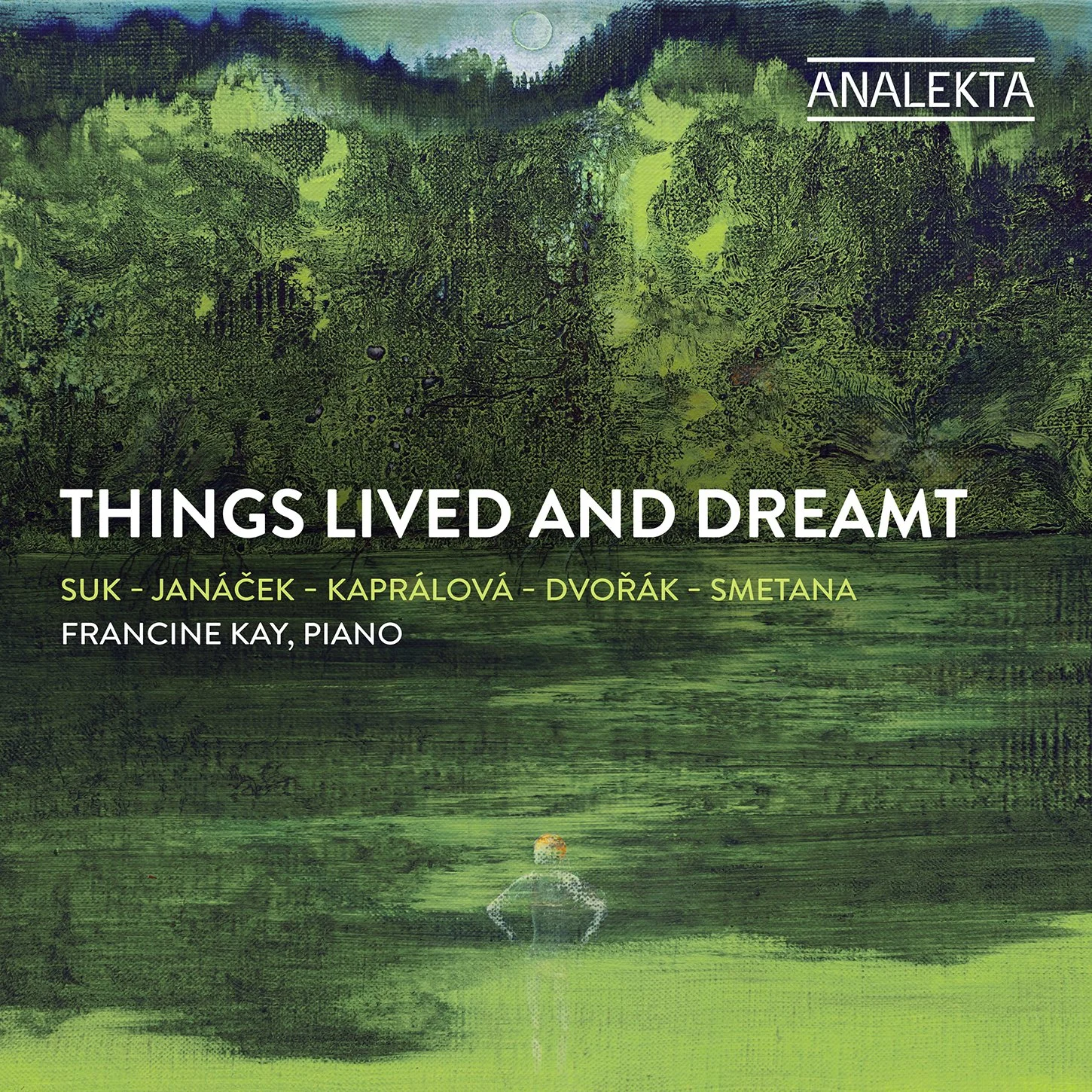Pianist Min Kwon on May 28 at Symphony Space
Kwon performs new works from her "America/Beautiful" project by Jessica Meyer, Wang Jie, Victoria Bond and more, including 4 world premieres
Each piece is a variation on "America the Beautiful," commissioned by Kwon
Victoria Bond's Cutting Edge Concerts New Music Festival presents pianist Min Kwon on Wednesday, May 28 at 7:30 pm at Symphony Space (2537 Broadway at 95th St., New York, NY). Tickets are $30, available here.
The program features works commissioned by Kwon for her "America/Beautiful" project, in which she asked a diverse group of over seventy American composers to write a variation on "America the Beautiful." Kwon says, "My hope is to paint a sonic picture of my adopted country in all of its sprawling complexity, and ultimately try to find the beauty at the core of the American experiment and its credo of e pluribus unum (out of many, one)."
The May 28 program features sixteen short selections (including four world premieres) from the project including works by Victoria Bond, Vijay Iyer, Sebastian Currier, Jessica Meyer, Paul Moravec, and more. Complete program details are below.
Bond's variation From Sea to Shining Sea was premiered in 2021. Cleverly using the lyrics as well as the music for inspiration, Bond's variation begins with and ends on the note "C". She says her work is a mini-drama, taking the listener through a gamut of conflicting emotions. From Sea to Shining Sea begins on a hopeful note before taking a dark and sorrowful turn, followed by music that expresses anger and frustration. "The piece ends optimistically and triumphantly," says Bond. "I am intentionally not referring to specific events here; it is for the listener to draw his or her own interpretation of what this music means."
Inspired by Boulez's series, "Perspective Encounters", the composer and conductor Victoria Bond founded Cutting Edge Concerts in 1998. Along with performances by world-class ensembles and soloists, each program features on-stage discussions between host Victoria Bond and the composers.
Calendar Listing
Wednesday, May 28, 2025 at 7:30 pm
Cutting Edge Concerts New Music Festival presents
Pianist Min Kwon: America/Beautiful
Symphony Space (2537 Broadway at 95th St., New York, NY)
Tickets are $30 available at SymphonySpace.org
Program
Selected works from America/Beautiful project
Performed by pianists Min Kwon, Reed Tetzlaff, Carl Bolleia, and Jiayan Sun
Jessica Meyer: Halcyon Skies
Charles Coleman: To be Beautiful
Qasim Naqvi: America The\
John Musto: Habanera
Sebastian Currier: 23 Variations on America
Melinda Wagner: Swinging in My Yard (an American reverie)
David Sanford: Three Places in America (less than a mile from each other)*
Leila Adu-Gilmore: United Underdog
Justin Dello Joio: Playing with Fire*
Vijay Iyer: Crown Thy Good
Robert Sirota: Two Variations: …alabaster cities… & …God mend thine every flaw…
Paul Moravec: America, the Work in Progress
Trevor Weston: A Fantasy on America
Scott Ordway: You Are Welcome Here*
Wang Jie: Under the Same Flag*
Victoria Bond: Sea to Shining Sea
* World Premiere





